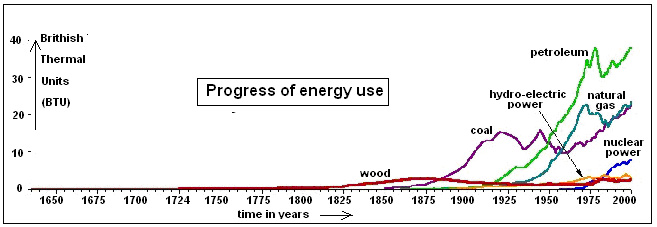Saving Planet Earth
-S.Ananthanarayanan
Population
Malthus’ catastrophe has not struck for 2 centuries because of the industrial revolution – while the world’s population grew 6-fold, the average per capita income rose 10-fold. But prosperity did not come free – it strained the earth’s resources and if
population keeps rising, the world may choke within our lifetimes. The UN, in highlighting Danica May Comacho, the 7 billionth inhabitant of the earth, waves the red flag – we have a crisis on our hands! Runaway growth of population was perhaps inevitable
- only prophetic foresight and coercive social planning could have staved it - and it is not wholly clear whether the march of science has increased or mitigated the consequences. The good news is that population growth has shown dramatic deceleration since
1990, when annual births were around 135 million. This is mostly because of economic growth and better family planning in poorer countries, and the birth rate is slowly dropping to the no-damage rate of 2 children per woman. “Annual population growth has already
dropped from 1.8% around 1950 to 1.1% in 2010 and is expected to reach zero around 2060–80,” says the Nature report [see box].
But avoiding further growth is not the solution as we already have more people than the planet can support. The next decades need to find ways to feed these 7 billion, grow more food without encroaching on land or using up the water, to generate power
without ravaging the environment and to use less power. And also to reverse the direction of population growth.
Pollution
The single great resource that this large population consumes is energy. The graph shows the tremendous increase in the use of coal, petroleum and natural gas in the last century. Burning coal and petroleum or gas creates carbon dioxide and global warming
that it leads to will alter the face of the earth itself. But the great bulk of business, industry and governments act as if they have not heard about it! Nations continue to pursue high growth rates and encourage consumption. A government official once said
air conditioning large spaces could be an answer to global warming!

Like controlling population, curbing energy use is not easy in an interconnected world. It is individual efforts that must bring home to the 7 billion that the free ride is over. It is not for nothing that Al Gore was awarded the Nobel for his work of
blowing the whistle. And still, there are skeptics, either real ones or driven by greed. The work of Lisa Jackson, to create explicit state policy and then to pursue its implementation – for conserving energy use and eco-friendly generation – is what responsible
people need to emulate the world over
Science
Essam Sharaf, 59, an engineer and professor at Cairo University, was a fierce critic of Hosni Mumbarak, the erstwhile Egyptian president. As an active participant in the uprising earlier this year, he was elected Prime Minister of the new government. Sharaf
believed that the answer to Egypt’s problems, from water security to energy, lay in science. His cabinet lost no time in revamping the education system and took up creating a university of basic and applied science – the ‘Zewail City for Science and Technology’
(after Ahmed Hassan Zewail, Egyptian origin winner of the Nobel for chemistry in 1999).
But good intentions do not carry the day and in November, Sharaf and his cabinet had to resign. When Egypt will resume the work to bring science on board is uncertain. Popular governments, by definition, rely on the support of the majority – illiterate
in many parts of the world and unlettered in science in most. And yet, it is a world that is driven by science. Electricity, communications, food, housing, health, even warfare – depend on science and the global web of technology. A few Moghuls hold the strings,
all others are consumers – soon to be consumed by problems of their own making. Vulgarisation of science – both for science practices in daily life as well as to understand where government policy is leading – is the answer to bring the survival instinct of
the species into the act. The great divide – between ‘science’ and ‘non-science’ persons, needs to break down – science needs to be seen as important, it needs to be seen as ‘cool’.
Else, short-term commercial interest will lead us over